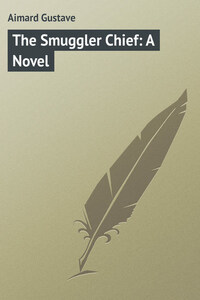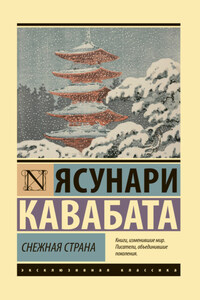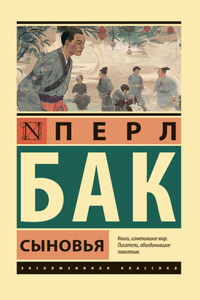America, a land not yet thoroughly explored, and whose immense savannahs and gloomy virgin forests conceal so many mysterious secrets and unknown dramas, sees at this moment all eyes fixed upon her, for everyone is eager to know the strange customs of the semi-civilized Indians and the semi-savage Europeans who people the vast solitudes of that continent; for in the age of transformation in which we live, they alone have remained stationary, contending inch by inch against the civilization which invades and drives them back on all sides, and guarding with a religious obstinacy the faith, manners, and customs of their fathers – curious manners, full of interest, which require to be studied carefully and closely to be understood.
It is to America, then, that we invite the reader to accompany us. But he need not feel alarmed at the length of the voyage, for he can make it while comfortably seated in his easy chair by the fireside.
The story we propose to tell has its scene laid at Valparaíso – a Chilian city as regards the soil on which it is built, but English and French, European or American, through the strange composite of its population, which, is formed of people from all countries, who have introduced every possible language and brought with them every variety of trade.
Valparaíso! the name echoes in the ear like the soft sweet notes of a love strain!
Valparaíso! the city of Paradise – the vast depôt of the whole world. A coquettish, smiling, and frolicsome city, slothfully reclining, like a thoughtless Indian maid, at the base of three mountains and at the end of a glorious bay, dipping the tips of her roseate feet in the azure waters of the Pacific, and hiding her broad brilliant forehead in the tempest-swollen clouds which float along from the crests of the Cordilleras to make her a splendid diadem.
This city, the advanced sentinel of Transatlantic civilization, is the first land which the traveller discovers after doubling Cape Horn, of melancholy and ill-omened memory.
When at sunrise of a fine spring morning a vessel sails round the lighthouse point situated at the extremity of the Playa-Aucha, this charming oasis is perceived, half veiled by a transparent mist, only allowing the white houses and lofty edifices to be distinguished in a vague and fantastic way that conduces to reverie.
The atmosphere, impregnated with the sharp scents from the beach and the sweet emanations of the trees and flowers, deliciously expands the chest, and in a second causes the mariner, who comes back to life and hope, to forget the three months of suffering and incessant danger whose long hours have passed for him minute by minute, ere he reached this long-desired haven.
On August 25th, 1833, two men were seated in a posada situated in the Calle San Agostino, and kept by a Frenchman of the name of Crevel, long established in the country, at a table on which stood two glasses and a nearly empty bottle of aguardiente of Pisco, and were eagerly conversing in a low voice about a matter which seemed to interest them in the highest degree.
One of these men, about twenty-five years of age, wore a characteristic costume of the guasos, a name by which the inhabitants of the interior are designated; a wide poncho of llama wool, striped with different brilliant colours, covered his shoulders and surrounded his bare neck with an elegant and strangely-designed Indian embroidery. Long boots of dyed wool were fastened above his knees by silk cords, and armed at the heels with enormous silver spurs, whose wheels, large as saucers, compelled him to walk on tiptoe whenever he felt an inclination to leave his saddle for a moment – which, however, very rarely happened, for the life of a guaso consists in perpetual horse exercise.
He wore under his poncho a belt containing a pair of pistols, whose heavy butts could be distinguished under the folds each time that a hurried movement on the part of the young man evidenced the fire which he introduced into the conversation.
Between his legs rested a rifle richly damascened with silver, and the carved boss of a knife handle peeping out of the top of his right boot.
Lastly, to complete this accoutrement, a splendid Guayaquil straw hat, adorned with an eagle's plume, was lying on a table near the one which he occupied.














